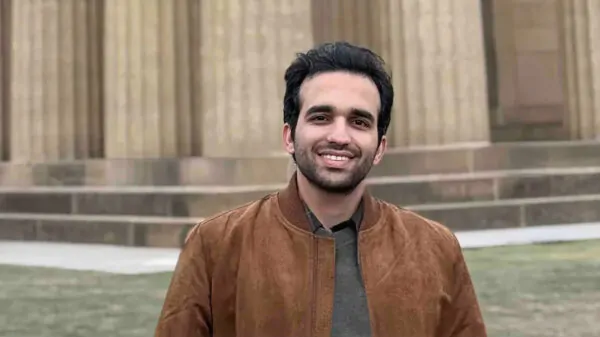By Brandon Moseley
Alabama Political Reporter
Monday, October 5 U.S. Senator Jeff Sessions commented on the 50th anniversary of the Immigration and Nationality Act, which radically increased the flow of immigration in to the United States.

The Subcommittee on Immigration and the National Interest is Chaired by Sen. Jeff Sessions. The committee shared information from Pew Research that said that in the last fifty years 59 million immigrants have entered the United States. According to Pew that vast influx of immigrants and their descendants have added 72 million people to the population of the United States. In 1970, less than 1 out of 21 Americans were foreign-born. Today almost 1 out of 7 were born in some foreign country. The United States has taken in four times more worldwide immigrants than any other nation on Earth. In the next fifty years, Pew projects that new immigration, including the descendants of those new immigrants, will add 103 million to the current U.S. population. The net addition of 103 million new persons is exclusively the result of new immigration of persons not currently in the U.S. That 103 million number does not include any immigrants currently in the U.S. or their future children. Immigrants are also getting older. Pew estimates that the median age of the foreign-born in 2065 will approach 53.
Chairman Sessions said, “Polling from Kellyanne Conway shows that, by nearly a 10-1 margin, Americans of all backgrounds are united in their belief that companies should raise wages and improve working conditions for people already living in the United States – instead of bringing in new labor from abroad.”
Sen. Sessions also opposes the Administration’s plans to resettle Middle Eastern refugees within this country. Sen. Sessions said, “Once here with refugee status, these individuals can claim any job and collect any federal welfare benefit. Recent statistics from the Department of Health and Human Services’ Office of Refugee Resettlement indicate that 75 percent of refugees receive food stamps and more than half receive free healthcare and cash welfare. For refugees from the Middle East, the numbers are even higher: more than 90% of recent Mideast refugees draw food stamps and about 70% receive free healthcare and cash welfare.”
Sen. Sessions warned, “Refugee resettlement also comes with security risks, as we have witnessed with the surge of ISIS recruitment among Somali-refugee communities in Minnesota. Anyone claiming to have a serious and honest discussion of refugee resettlement must ask the difficult questions about integration, assimilation and community safety. This is certainly true with respect to countries like Syria, where we have little to no information about who these people are, and no ability to determine whether they are radicalized now, or likely to radicalize after their arrival in the U.S. Indeed, the FBI Assistant Director for Counterterrorism has testified that the United States does not have “systems in places on the ground” in Syria to collect enough information to properly screen refugees. Our Subcommittee is currently investigating the scores of examples of refugees and asylees who go on to commit acts of terror or become involved with terrorist organizations.”
Sen. Sessions said, “The economic and physical security of the American people must never be a secondary consideration. With workers’ pay stagnant, our entitlement programs on the verge of insolvency, our law enforcement struggling to combat radicalization and increasing crime, and our schools and communities struggling to keep up, voters are rightly wondering about their government’s priorities.”
According to the Pew research more than 75 percent of Americans would like to see immigration rates reduced – not raised.
According to the information shared by the Senate Subcommittee on Immigration and the national interest: unless such reductions are enacted, the foreign-born share of the U.S. population will soon eclipse the highest levels ever recorded in U.S. history and will keep climbing to new all-time records every decade of the 21st century. Pew is predicting that if these policies continue that by 2065 more than 1 in 3 U.S. residents will either be foreign-born or have foreign-born parents.
Sen. Sessions said, “Lower-income workers, including millions of prior immigrants, are among those most severely impacted by the vast inflow of new workers competing for the same jobs at lower wages. Across the economy, average hourly wages are lower today than in 1973, while the share of people not working is at nearly a four-decade high. Yet the Senate’s Gang of Eight bill would have tripled green card issuances over the next decade (issuing more new green cards than the entire population of Texas) and the industry-backed I-squared bill would triple admission of new H-1B foreign workers provided to technology corporations as low-wage substitutes for their existing workers.”
In 2014 the popular Senator Sessions was elected to his fourth term in the U.S. Senate without any Democratic or Republican opposition.



















































